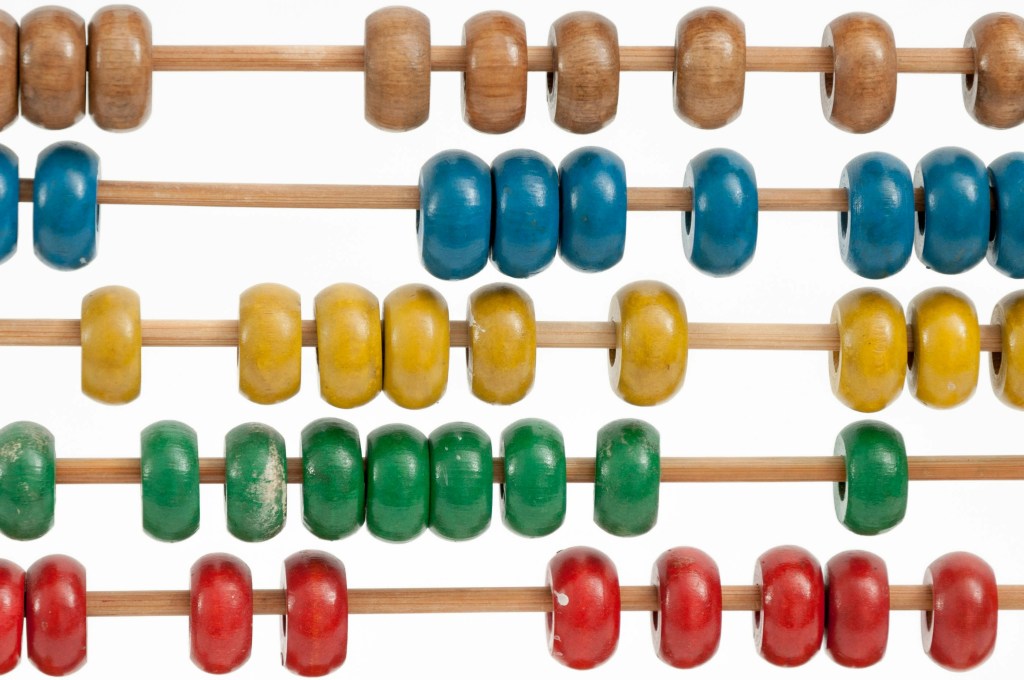Lépjen offline állapotba az Player FM alkalmazással!
Episode 98 Linguistic singularities
Manage episode 414593061 series 1105768

Counting… that’s maths, right? Actually, it’s language. And as we’ll discover through a series of absurd tasks (like, ‘count everything you can see’), you can’t count anything until you know what ‘counts as’ a thing. Language draws the lines around what counts, and it shifts and changes as it does so.
In this episode we celebrate the rich lineage of linguists and language philosophers who offer detailed, rational arguments against an objectivist paradigm of language. Language does not refer to things in the world, they explain. Language is not, as Wallis Reid (1991, p. 54) explains, a ‘mirror of nature.’
My own perspective on the objectivist paradigm resonates with these, but it’s less rational, more mystical and speculative. What if we experience the world in many dimensions, and language is the most restrictive of these dimensions, as I discussed in Episode 95, ‘Your name without language?’ What if language restricts us from fully accessing the other dimensions?
Here are my radical, irrational views in a nutshell: Language is a way of structuring information. Human language structures information according to a particular organising principle—the self. Human language presumes, constructs, projects a self. And we can see the process by which this happens by looking closely at the structures of grammar.
The structure of grammar we’re looking at in this episode is grammatical number. We’ll discover that different languages have different grammatical number systems. Many have singular and plural. Some have singular, dual and plural. Some have singular, dual, trial and plural. Some have singular, dual, paucal and plural.
One thing all these languages have in common is ‘singular’. Understanding how language structures the ‘singular’ can help us understand the structure of our own selves, and the beauty that might be found there.
The story I read in this episode is ‘Fairest.’
Connect with me and discover my courses on jodieclark.com
Sign up for the Grammar for Dreamers newsletter here: jodieclark.com/newsletter
Subscribe on Apple podcasts, Spotify or wherever you like to listen. Rate, review, tell your friends!
Work cited: Reid, W. (1991). Verb and noun number in English. Longman.
100 epizódok
Manage episode 414593061 series 1105768

Counting… that’s maths, right? Actually, it’s language. And as we’ll discover through a series of absurd tasks (like, ‘count everything you can see’), you can’t count anything until you know what ‘counts as’ a thing. Language draws the lines around what counts, and it shifts and changes as it does so.
In this episode we celebrate the rich lineage of linguists and language philosophers who offer detailed, rational arguments against an objectivist paradigm of language. Language does not refer to things in the world, they explain. Language is not, as Wallis Reid (1991, p. 54) explains, a ‘mirror of nature.’
My own perspective on the objectivist paradigm resonates with these, but it’s less rational, more mystical and speculative. What if we experience the world in many dimensions, and language is the most restrictive of these dimensions, as I discussed in Episode 95, ‘Your name without language?’ What if language restricts us from fully accessing the other dimensions?
Here are my radical, irrational views in a nutshell: Language is a way of structuring information. Human language structures information according to a particular organising principle—the self. Human language presumes, constructs, projects a self. And we can see the process by which this happens by looking closely at the structures of grammar.
The structure of grammar we’re looking at in this episode is grammatical number. We’ll discover that different languages have different grammatical number systems. Many have singular and plural. Some have singular, dual and plural. Some have singular, dual, trial and plural. Some have singular, dual, paucal and plural.
One thing all these languages have in common is ‘singular’. Understanding how language structures the ‘singular’ can help us understand the structure of our own selves, and the beauty that might be found there.
The story I read in this episode is ‘Fairest.’
Connect with me and discover my courses on jodieclark.com
Sign up for the Grammar for Dreamers newsletter here: jodieclark.com/newsletter
Subscribe on Apple podcasts, Spotify or wherever you like to listen. Rate, review, tell your friends!
Work cited: Reid, W. (1991). Verb and noun number in English. Longman.
100 epizódok
Minden epizód
×Üdvözlünk a Player FM-nél!
A Player FM lejátszó az internetet böngészi a kiváló minőségű podcastok után, hogy ön élvezhesse azokat. Ez a legjobb podcast-alkalmazás, Androidon, iPhone-on és a weben is működik. Jelentkezzen be az feliratkozások szinkronizálásához az eszközök között.




